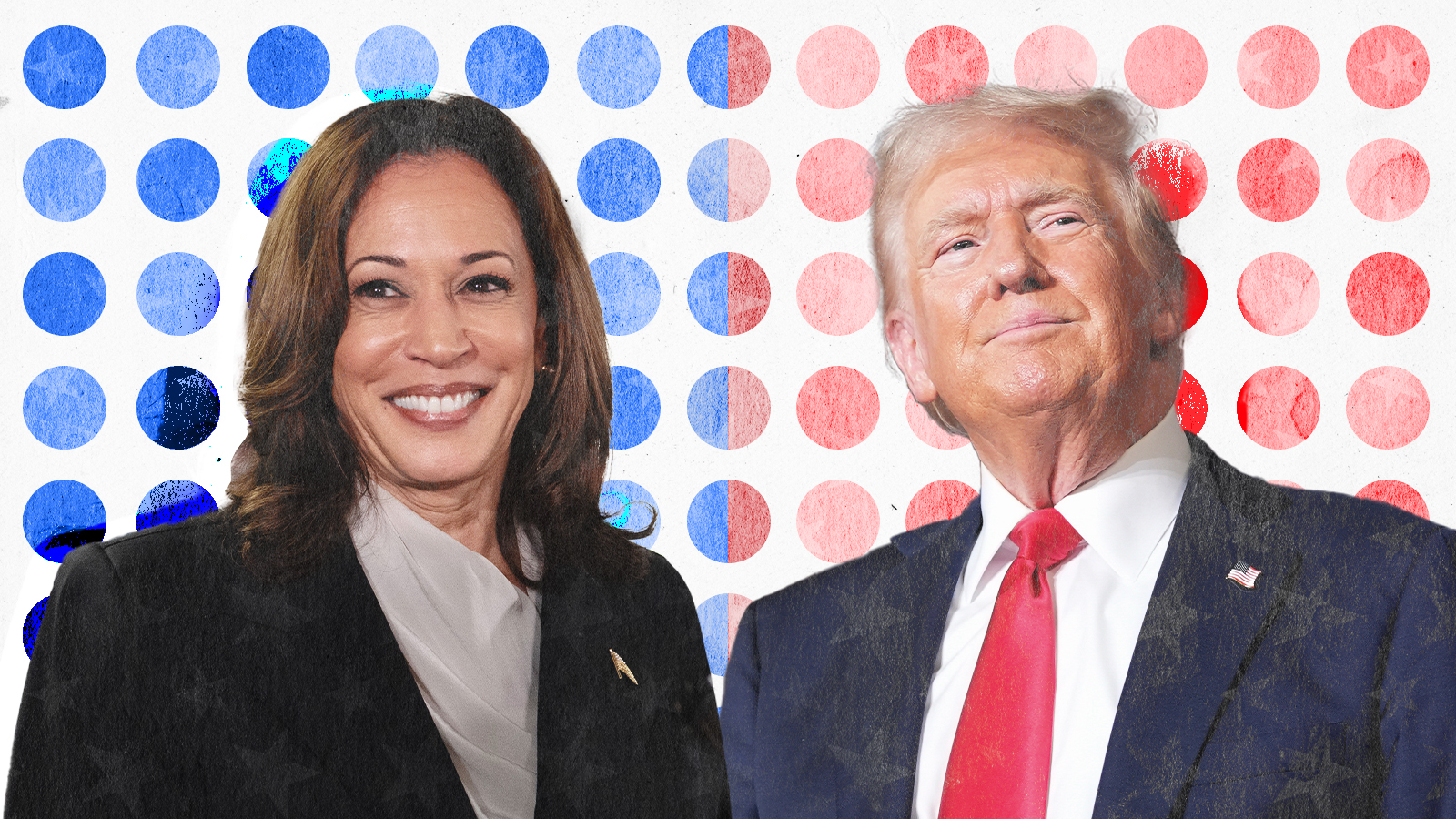Who Is Favored To Win The 2024 Presidential Election?


LAST UPDATED Sept. 13
Polls taken in the immediate aftermath of this week’s debate between Vice President Kamala Harris and former President Donald Trump showed that by a 23-point margin, debate-watchers thought Harris bested Trump in the matchup.The first batch of post-debate polls among the broader public confirm this trend, with our forecast margin in the national popular vote moving 0.8 percentage points in her direction by 5:00 pm Eastern on Friday, Sept 13.
If we look at all the polls that have been conducted entirely post-debate and compare them to each firms’ pre-debate surveys, Harris’s momentum is clear. Harris gained 1 point on margin according to an Ipsos/Reuters national poll; 2 points in RMG Research’s polling; 2 points according to Morning Consult; and 1 point according to SoCal Strategies. Polls from Leger and Redfield & Wilton Strategies show Harris losing 1 point and running even (respectively) compared to their last surveys.
Harris has also been buoyed by some state polls released this week. In New Hampshire, a poll from Saint Anselm College Survey Center showing Harris up by 8 points pushed up her forecast win probability in the state from 77-in-100 times to 79-in-100. Polls in Alaska, Arkansas, North Carolina and Wisconsin have also been good for her. And because our model uses state polls to infer national trends, too, these shifts propagate nationwide and affirm Harris’s momentum in national polls.
Still, there are some caveats to this. The national post-debate polls we’ve seen are only online surveys, and live-phone or other modes of polls conducted over the coming weekend may show different results. And of course, a half-dozen polls released in three days does not a bump make. We will update readers again next week, when we have even more post-debate data.
538’s forecast is based on a combination of polls and campaign “fundamentals,” such as economic conditions, state partisanship and incumbency. It’s not meant to “call” a winner, but rather to give you a sense of how likely each candidate is to win. Check out our methodology to learn exactly how we calculate these probabilities.
—G. Elliott Morris
